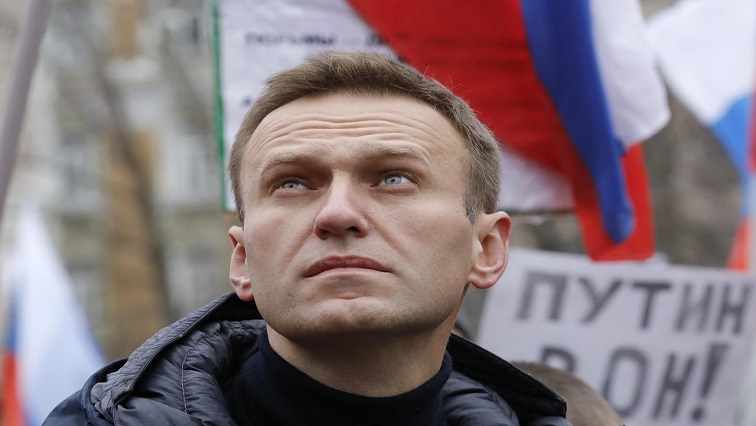The Organisation for the Prohibition of Chemical Weapons (OPCW) has this week done what a credible, multi-lateral body ought to do, which is to be seen to be fair and even-handed when dealing with all its Member States regardless of their political stature or economic standing.
At the beginning of this month, concerned about the continued diplomatic schism that is growing between Moscow and Berlin – and by extension between the Russian Federation and the European Union (EU), the Kremlin requested the OPCW to assist in investigating the allegation that Alexey Navalny was poisoned.
Navalny, a prominent Russian opposition leader and well-known anti-corruption crusader, took ill whilst travelling by plane from Tomsk in Siberia to Moscow. After an emergency landing in Omsk, another Siberian city, Navalny was rushed to a local hospital where he fell into a coma. Two days later his family and associates opted to have him transferred to a health facility in the German capital, Berlin.
Soon afterward, the German authorities claimed to have found traces in Navalny’s body which suggested that he had been poisoned with a nerve agent. The claim triggered a major diplomatic row not only between Moscow and Berlin but inevitably the AU took a dim view of the alleged poisoning of Navalny, with strong anti-Russian sentiments being revived across Western Europe in particular.
It is in this context that the decision by the OPCW to agree to dispatch a team of experts to work with their Russian counterparts in an effort to establish the truth should be welcomed by all the peace-loving nations around the world.
Too many war-mongers are forever looking for the slightest reason to trigger confrontation between the West and Russia. To them, history failed to teach them that in any war there are never winners. Everybody loses. Hence world-renowned leaders such as former UN Secretary-General Kofi Annan and our own founding father of democracy Nelson Mandela went to their graves preaching the message of peace that says : give peace a chance:.
The open-mindedness and apparent objectivity with which the OPCW’s Director-General, Fernando Arias, has expressed outlined the body’s standpoint on the matter is also encouraging. In a statement this week the OPCW explained: “The Director-General thanked the Russian Federation for its trust in the Technical Secretariat’s independence and expertise to assist States Parties in their implementation of the Chemical Weapons Convention and to determine the circumstances surrounding allegations of chemical weapons use.”
In whichever way one looks at the OPCW’s approach, it is encouraging in that its emphasis in treating the matter of poisoning as an “allegation” gives credence to the important notion of presumption of innocence till proven guilty, which the Russian has been asking Berlin and the EU to do.
At a political level, Moscow’s close allies have argued that if the Kremlin had wanted Navalny dead he would have been killed during the first two days of his hospitalization in the Siberian city of Omsk. Secondly, Moscow would never have allowed Navalny to be transferred to Germany knowing that their traceable poison was in Navalny’s blood. In chemical warfare, it is regarded as a no-brainer.
Since its establishment in 1997 the OPCW, an inter-governmental organization initially ratified by 165 member states which have grown to 193 member states today, has fought to remain to be seen as fair and treating all member states equally. Russian is a founding signatory to the Convention and it is important that the OPCW has acceded to Moscow’s request to become part of the joint investigation into the Navalny matter. It is only in this way that whatever the findings of the probe will be – not only to the OPCW’s member states but to the entire world at large, its credibility will be beyond reproach.


